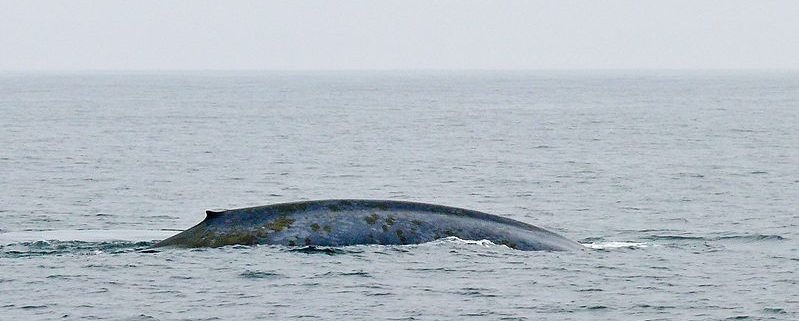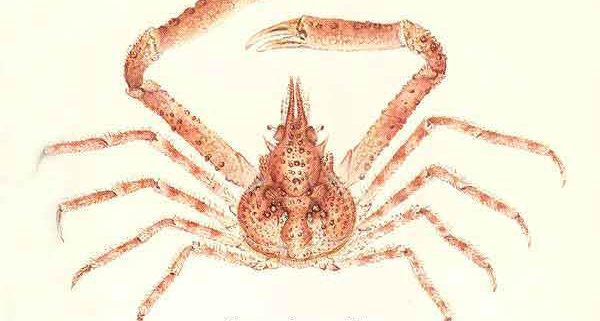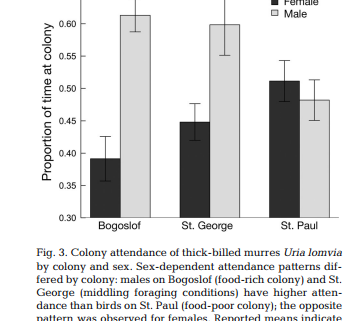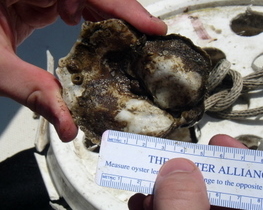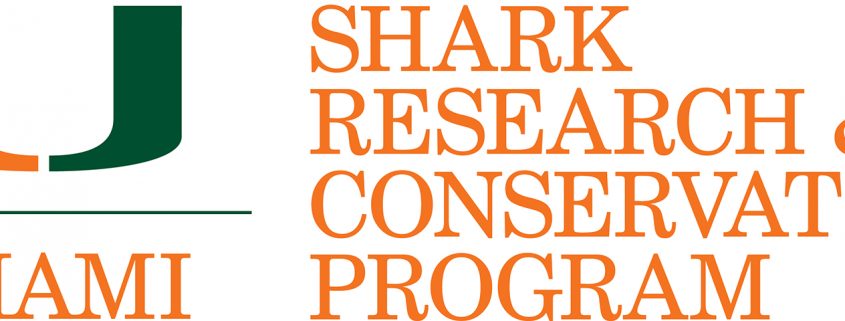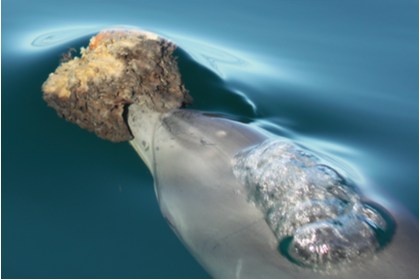Use of local ecological knowledge to investigate endangered baleen whale recovery in the Falkland Islands
By SRC intern, Molly Rickles In this study, Frans and Auge looked at baleen whale population in the Falkland Islands in the post-whaling era. Due to whaling in the early 1900s, whale populations here have decreased dramatically, but recent observations suggest that their numbers are currently increasing. However, there is a lack of population data, […]
Decorating behavior begins immediately after metamorphosis in the decorator crab Oregonia gracilis
By Nicolas Lubitz, SRC intern Invertebrates, animals without a backbone, are the oldest form of animals that exist on our planet. The first fossils of invertebrates date back to 665 million years ago, and are sponges. Since then, they have diversified into a spectacular array of organisms, both marine and terrestrial. From insects, to squids and […]
Sea Bird Telomeres
By Dave Lestino, SRC intern Telomeres are located at the ends of each DNA strand. They can be thought of as the plastic tips of shoelaces, and protect the chromosome from deterioration. Although telomeres can’t measure exact chronological age, they can be used to measure individual quality. Use of telomere length, as a quality marker, […]
A Scientific History of Oysters in Chesapeake Bay
By Nicole Suren, SRC intern Oysters are not only a preferred dish of much of the human population, but they are also very important parts of the ecosystems they inhabit. As ecosystem engineers, or organisms that significantly modify their habitat, they do not just participate in the habitat they settle in but improve it by […]
17 things the SRC accomplished in 2016
It’s been a great year for our team! Here are some of our accomplishments from 2016: 1. We published 15 research papers in scientific journals on a variety of topics 2. Two of our research papers were featured on journal covers, one in Diversity and Distributions that evaluated the effectiveness of marine protected areas for migratory sharks and […]
Age-specific foraging performance and reproduction in tool-using wild bottlenose dolphins
By Elana Rusnak, SRC Intern Foraging (searching for food) is a skill that animals use to provide energy for survival, growth, and reproduction. In many animals, these skills are fully developed before reproductive age, maximizing the energy put into reproduction when sexual maturity is reached. However, female bottlenose dolphins (Tursiops aduncus) in Shark Bay, Western […]

